Malaysia’s employment framework is about to change significantly. The Employees Provident Fund (EPF) has announced that all non-Malaysian citizen employees will be required to make mandatory contributions starting October 1, 2025. This change from a voluntary to a mandatory model is a major reform which will impact thousands of employers across the country.
The legislation will take effect with salary payments from October 2025, for the contribution month of November 2025. Both the employee and employer contribution rates will be set at 2% of monthly wages, marking a clear break from the current system where foreign workers could choose whether to opt in. This shift has been enabled by the Employees Provident Fund (Amendment) Act 2025.
Who’s Affected and What’s Required
Non-Malaysian citizen employees with a valid work pass (excluding domestic workers) must be registered and have contributions made on their behalf by their employers. The only exception is domestic workers, who remain outside the scope of this requirement. The new rules apply to all foreign workers in Malaysia with valid employment passes, regardless of nationality.
Employers are responsible for ensuring that eligible staff are registered and contributing in line with EPF employer obligations from 1 October 2025. This includes workers in sectors ranging from manufacturing and construction to services and technology, meaning most businesses with foreign employees will need to adapt their payroll and compliance processes.
Key Details for Implementation
The contribution rate is 2% by the employer and 2% by the employee, calculated on monthly wages. This is significantly lower than the rates for Malaysian employees, which can reach up to 11% for employees and 12–13% for employers. From October 2025 onwards, contributions are compulsory – unlike the previous voluntary scheme, neither employers nor employees can opt out. More details are outlined in the EPF guidance for non-Malaysian employees.
All eligible workers must be registered before the October deadline, requiring businesses to prepare their systems and documentation in advance. While the change will increase costs for companies employing foreign staff, it also provides these employees with retirement savings and additional social security benefits.
What This Means for Businesses
For many companies, this represents a major shift in budgeting for foreign workforce expenses. Payroll systems will need updates to accommodate the new deductions, all eligible employees must be registered, deadlines met, and budgets adjusted to account for the additional employer contributions.
Although the reform raises costs, it aligns Malaysia with international standards for migrant worker protection and demonstrates the government’s commitment to fair treatment of foreign staff within the local economy.
Looking Ahead
The EPF is ramping up its readiness measures, with guidance and tools to help employers transition smoothly. While the October 2025 implementation date allows time for preparation, businesses should act early to ensure systems, payroll, and compliance processes are in place before the new rules take effect.
Leap29 Perspective
“Malaysia’s expansion of EPF contributions to non-Malaysian employees is a landmark move towards fairer treatment of migrant workers. While the change introduces additional compliance and cost considerations for employers, it also builds greater protection and financial security for foreign staff. Businesses that prepare early—updating payroll systems, registering employees and planning for the budget impact—will not only stay compliant but also strengthen their reputation as responsible employers in a globally competitive market.”
— Simon Duff, Director, Leap29
How Leap29 Can Support Your Transition
Navigating these new requirements doesn’t have to be overwhelming. At Leap29, we understand the complexities of Malaysian employment law and can support your business through this transition. Our Malaysia EOR services cover compliance checks, employee registration, payroll adjustments, and contract updates. We also help businesses communicate these changes effectively to their foreign staff, ensuring compliance while minimising disruption to operations.





